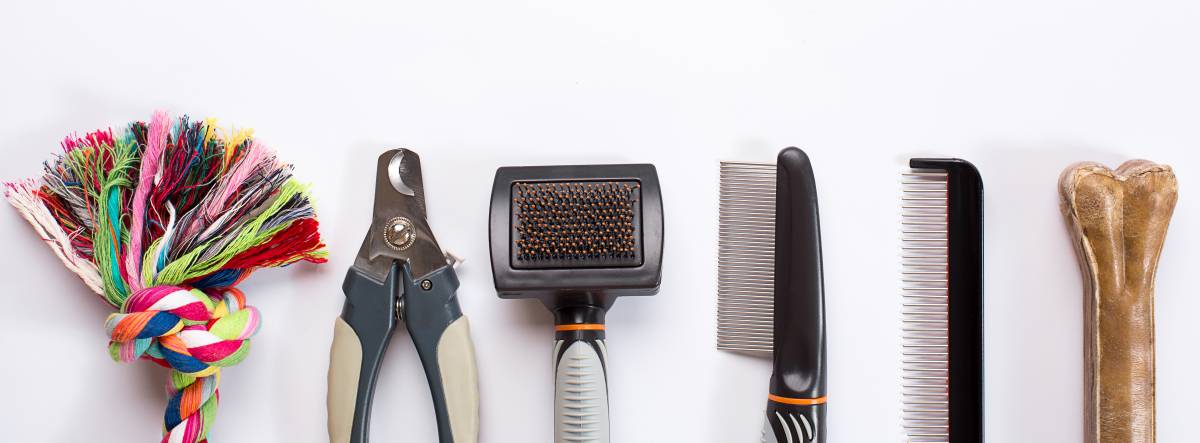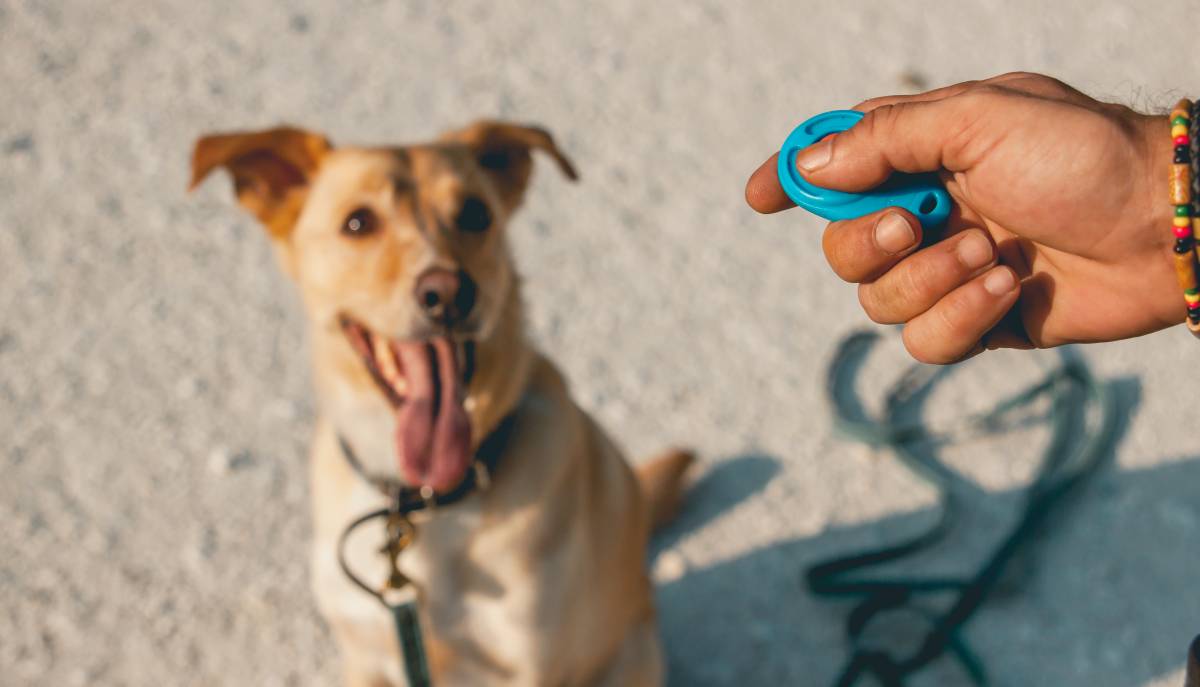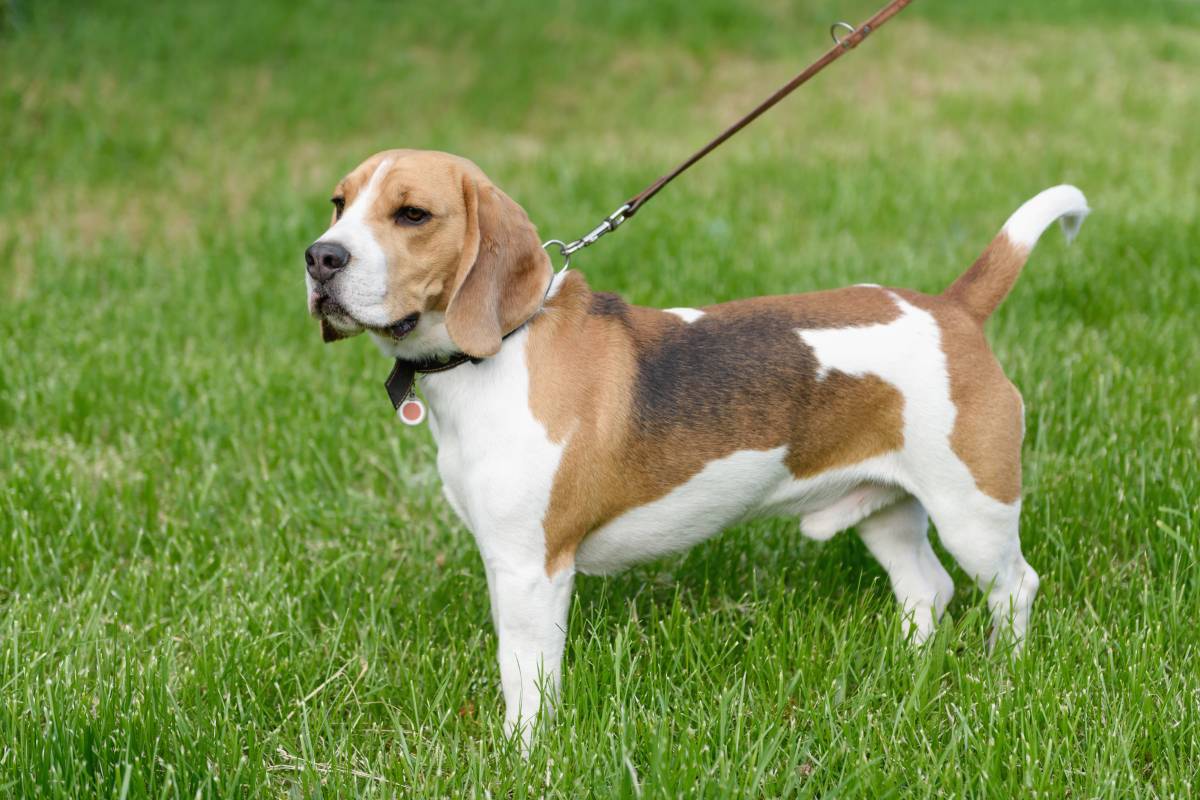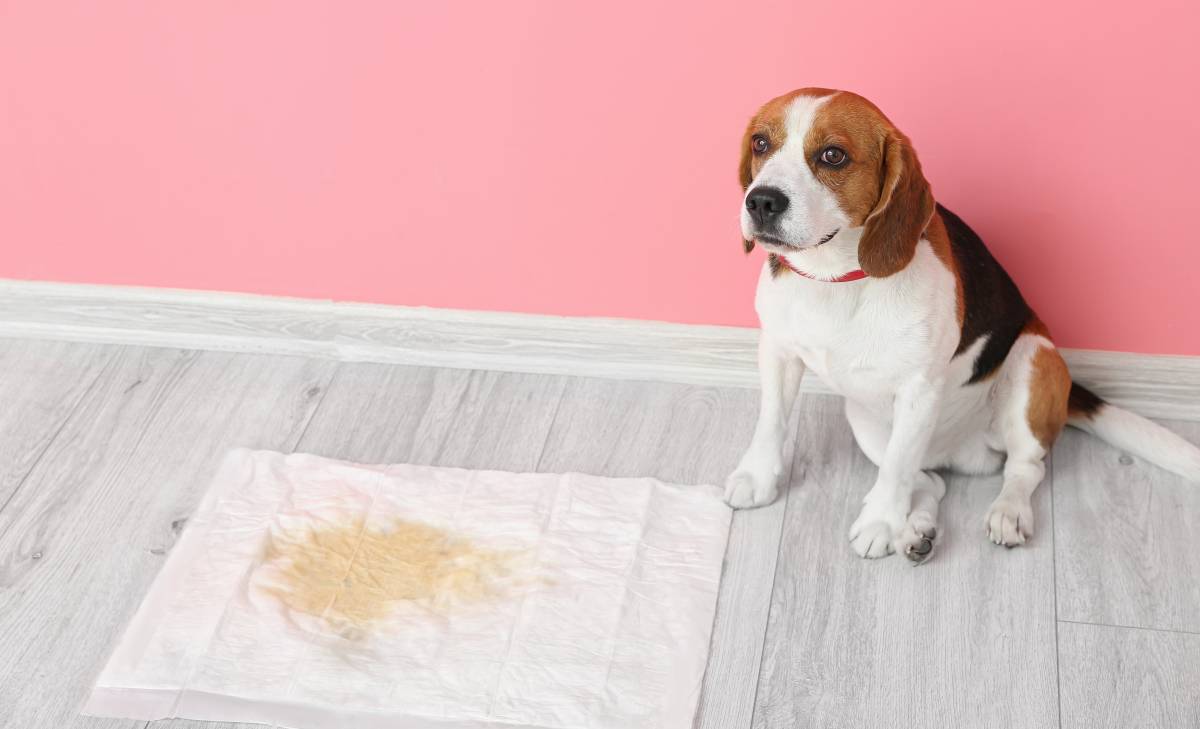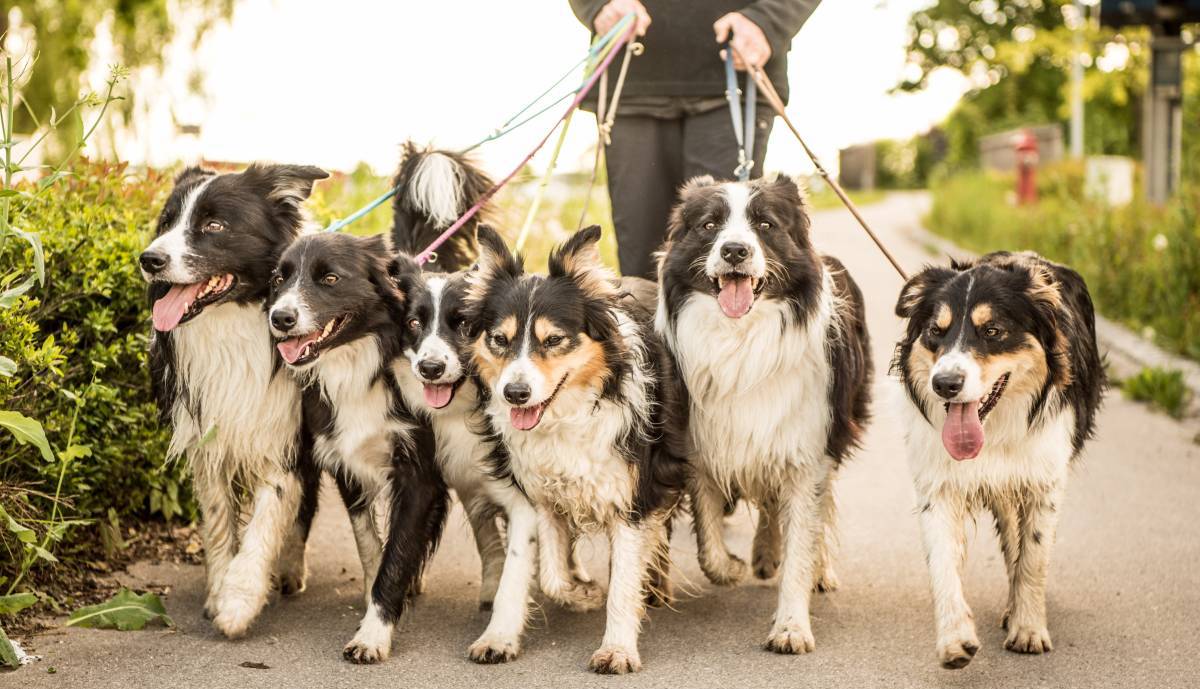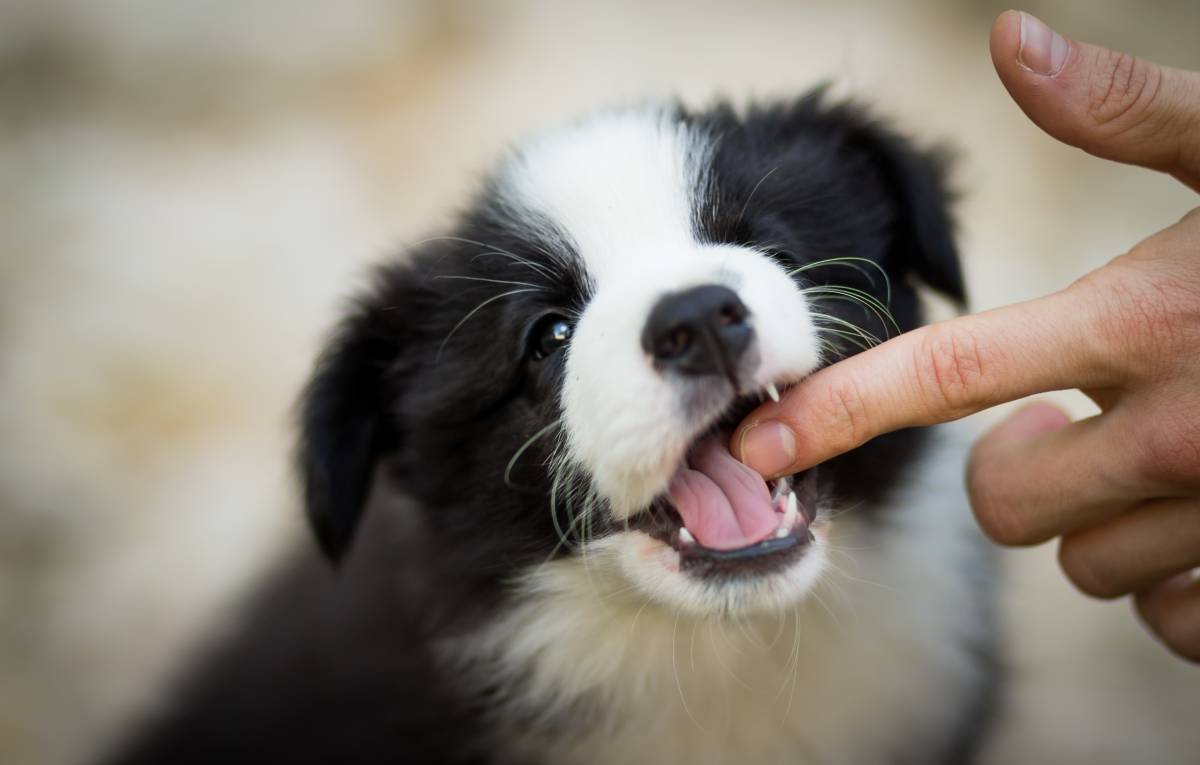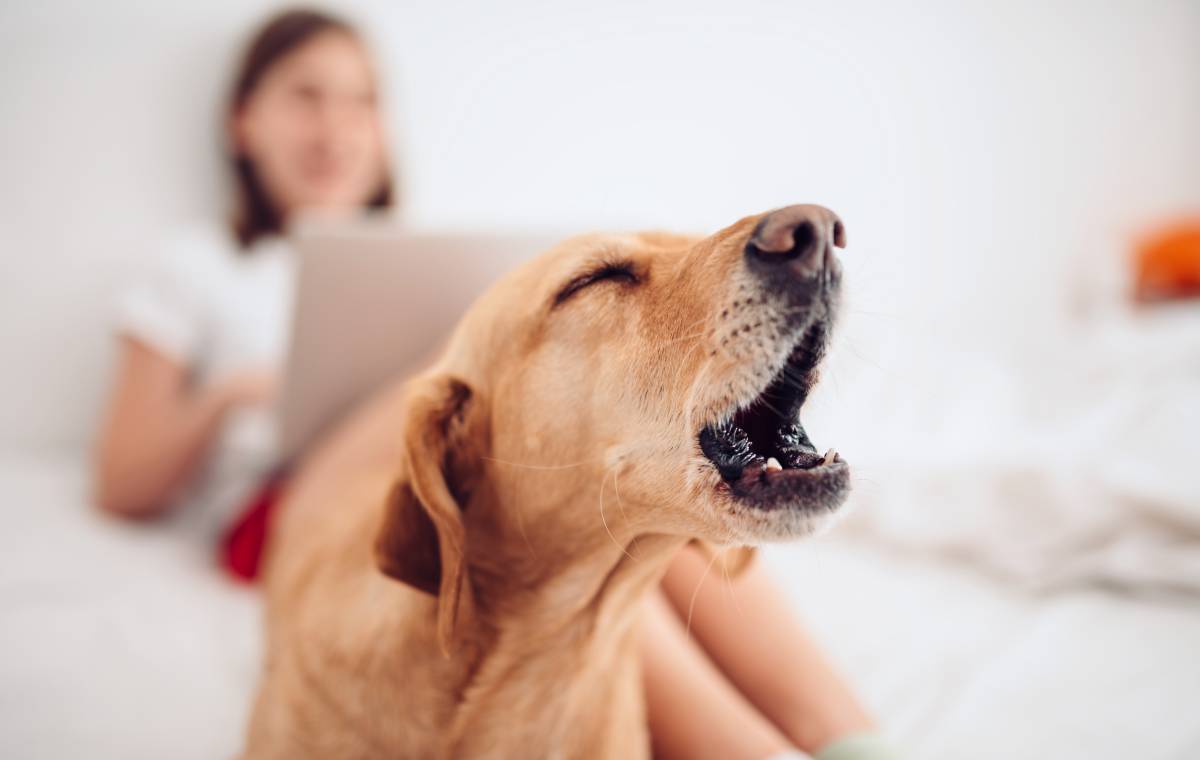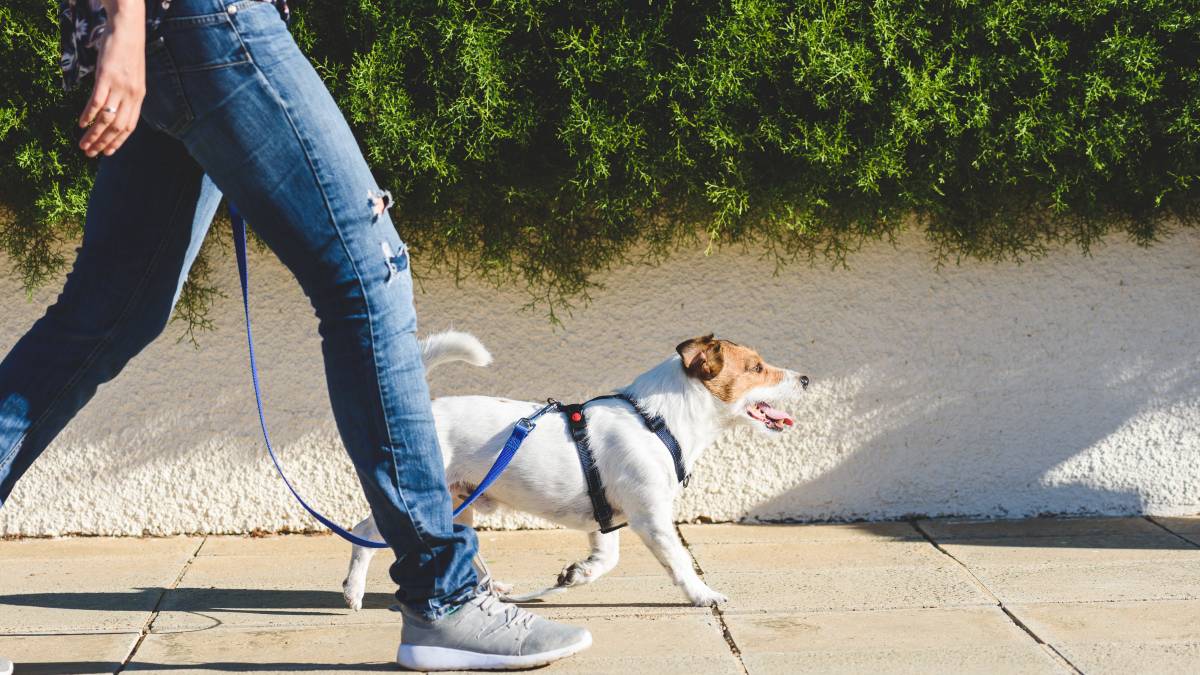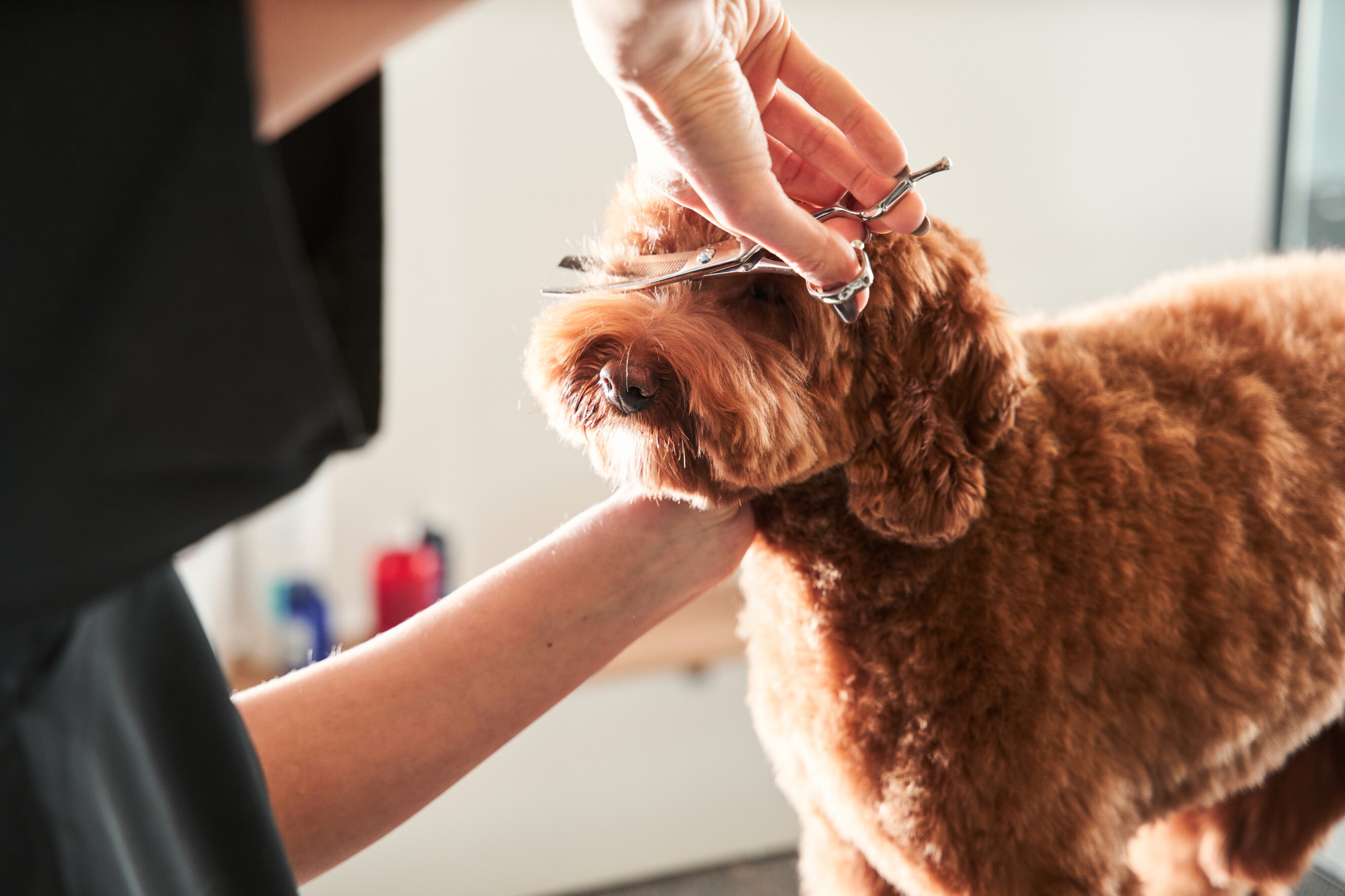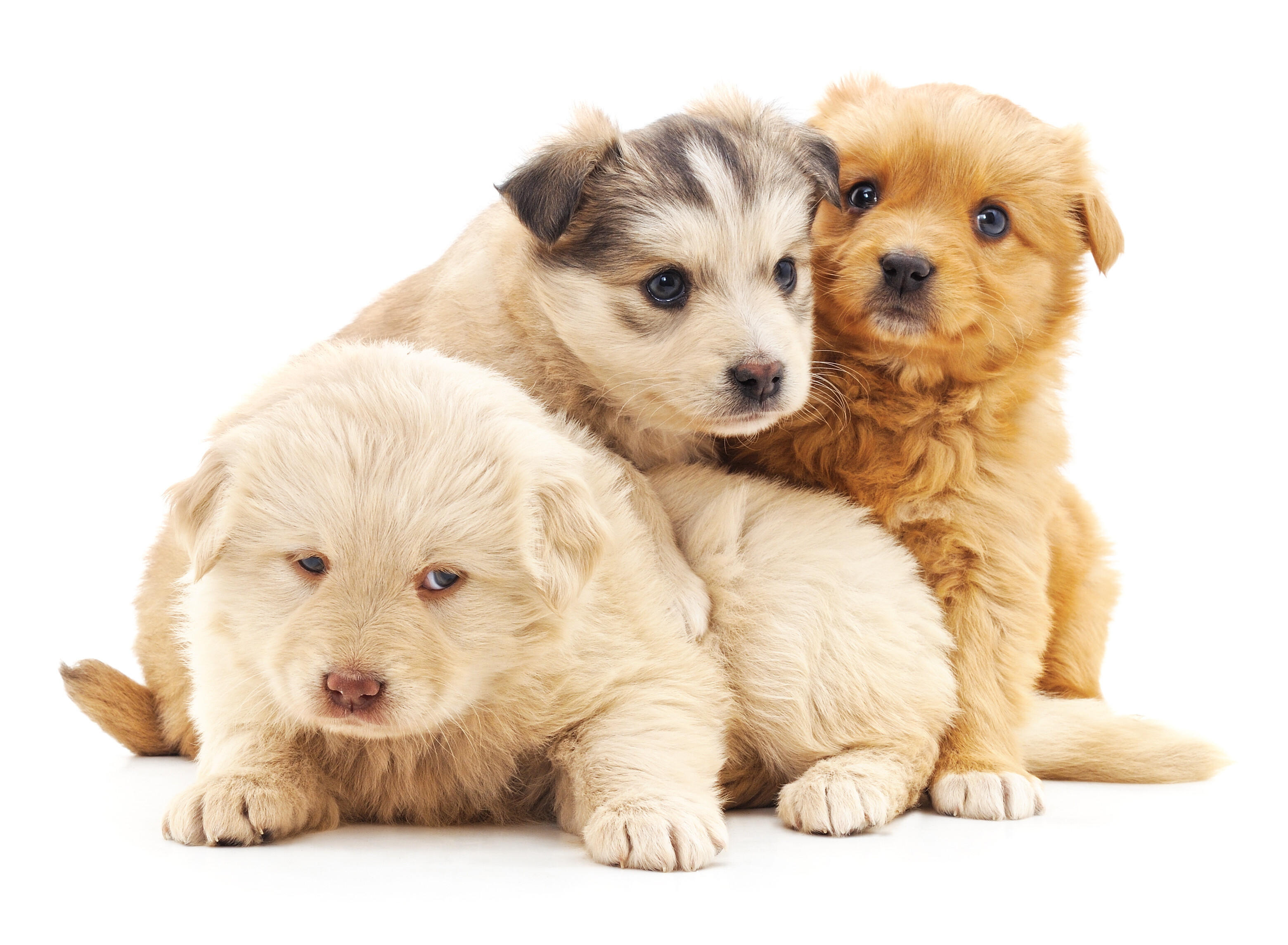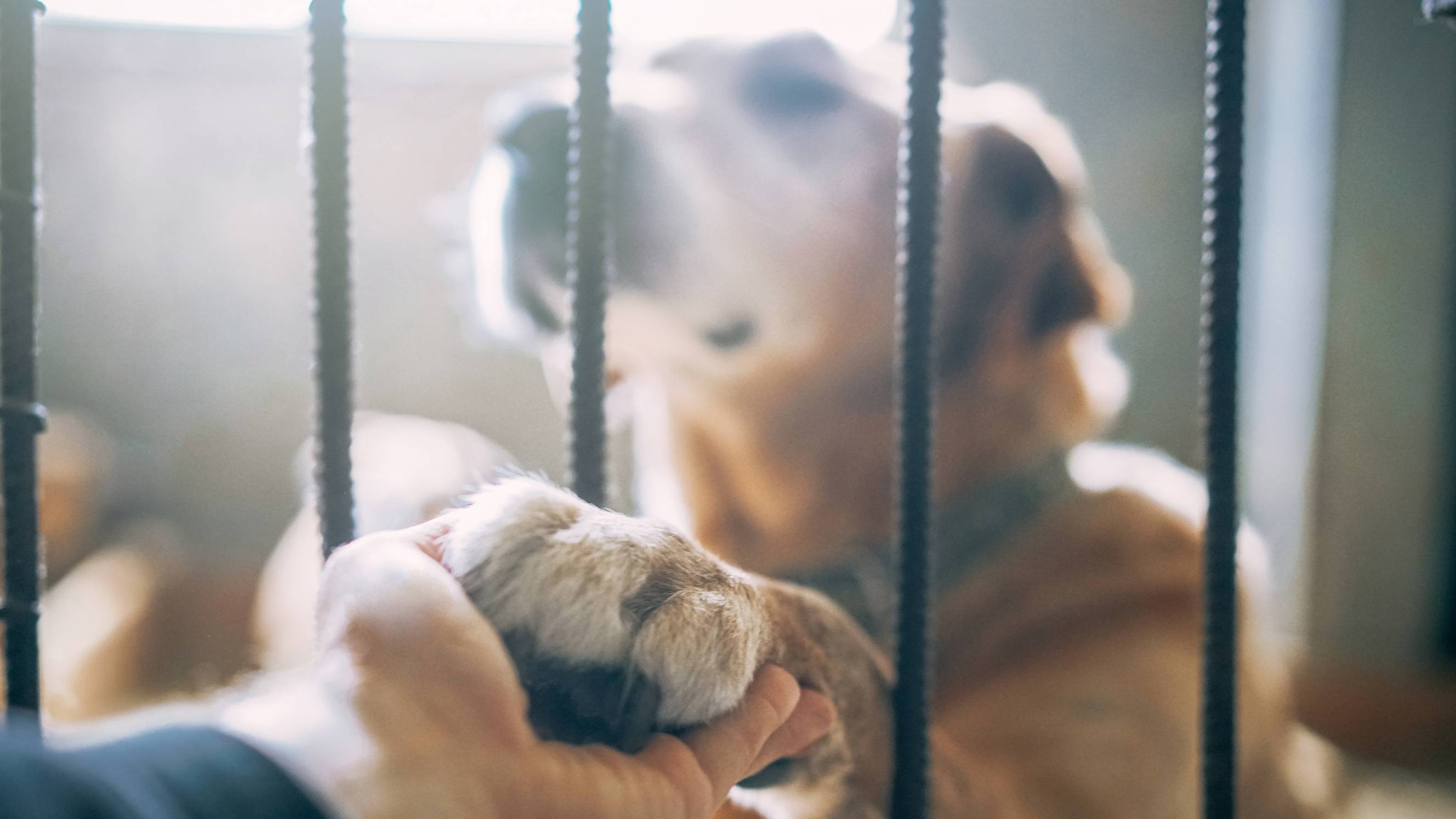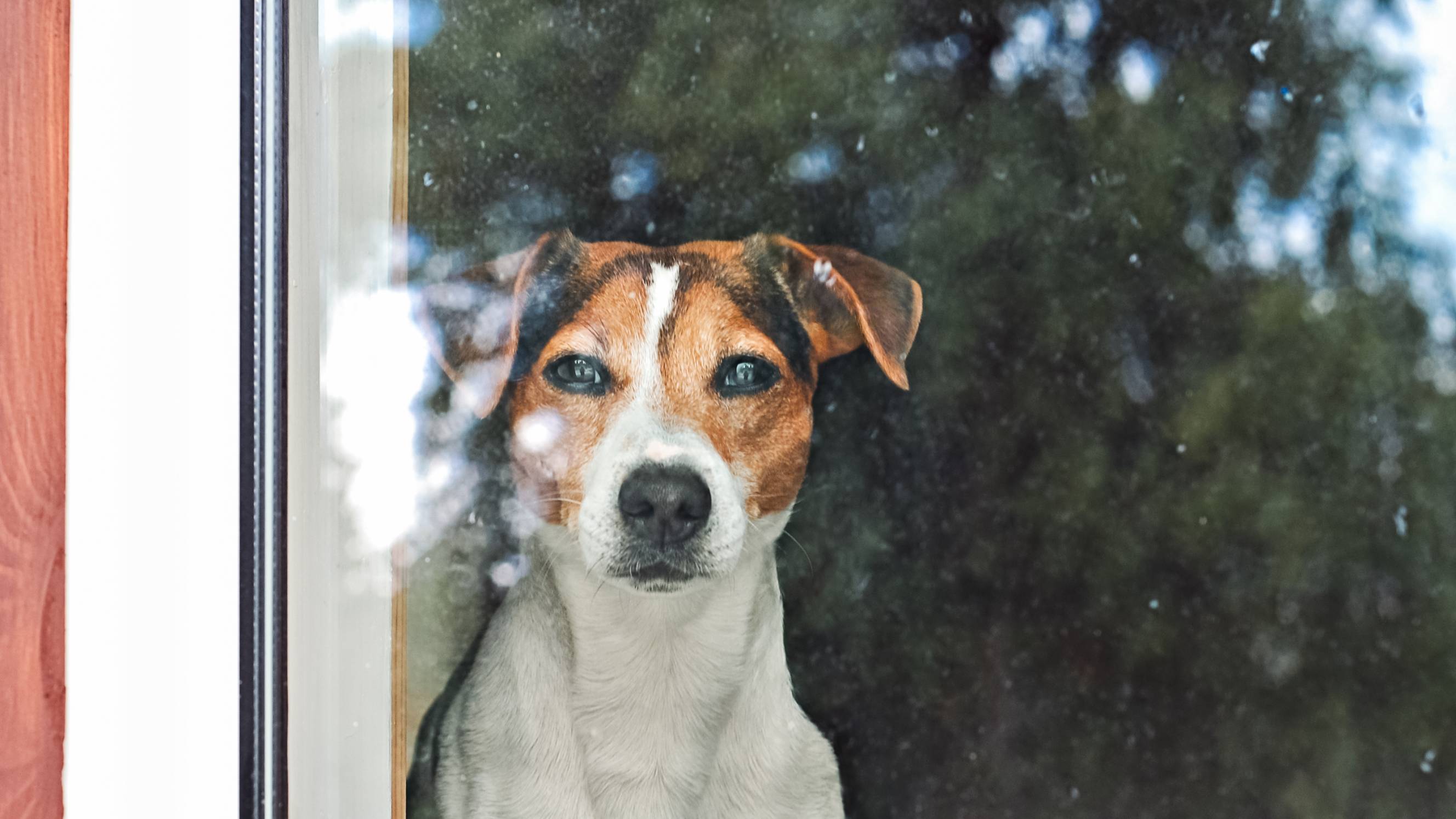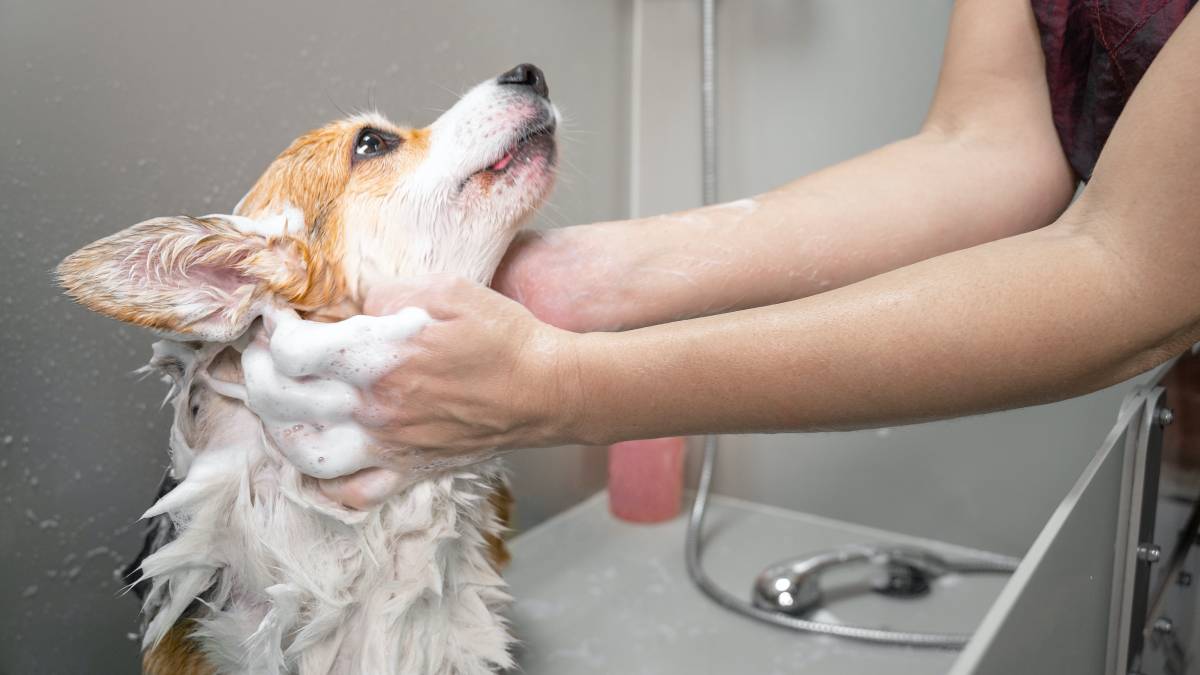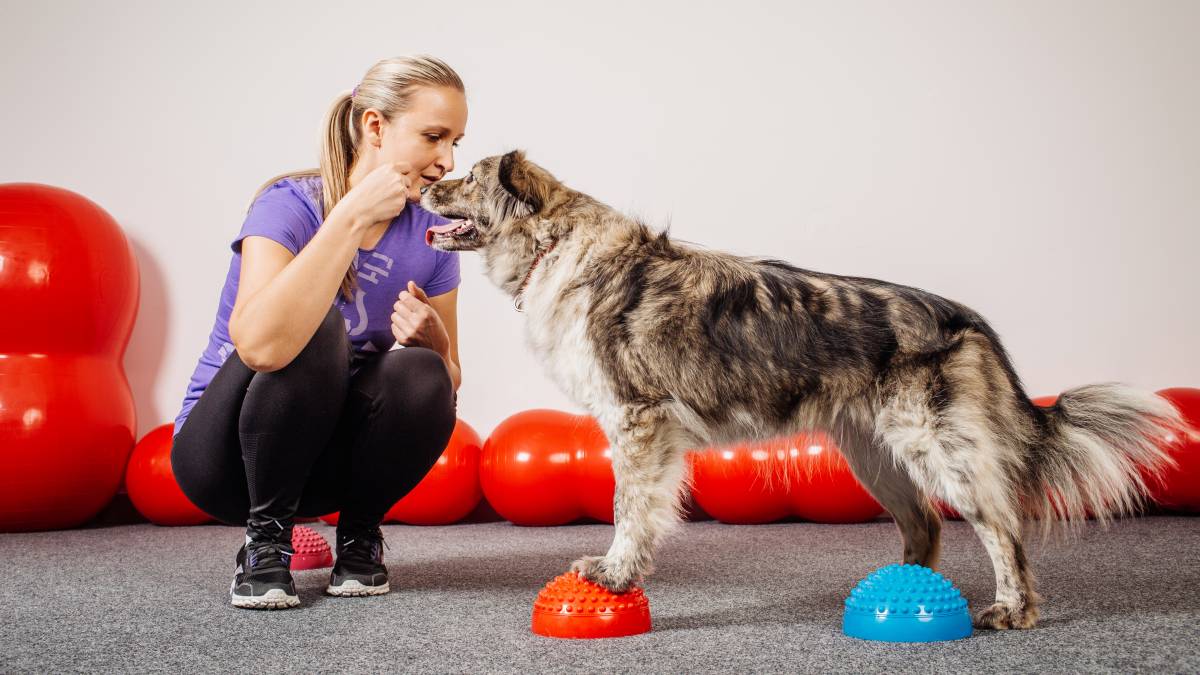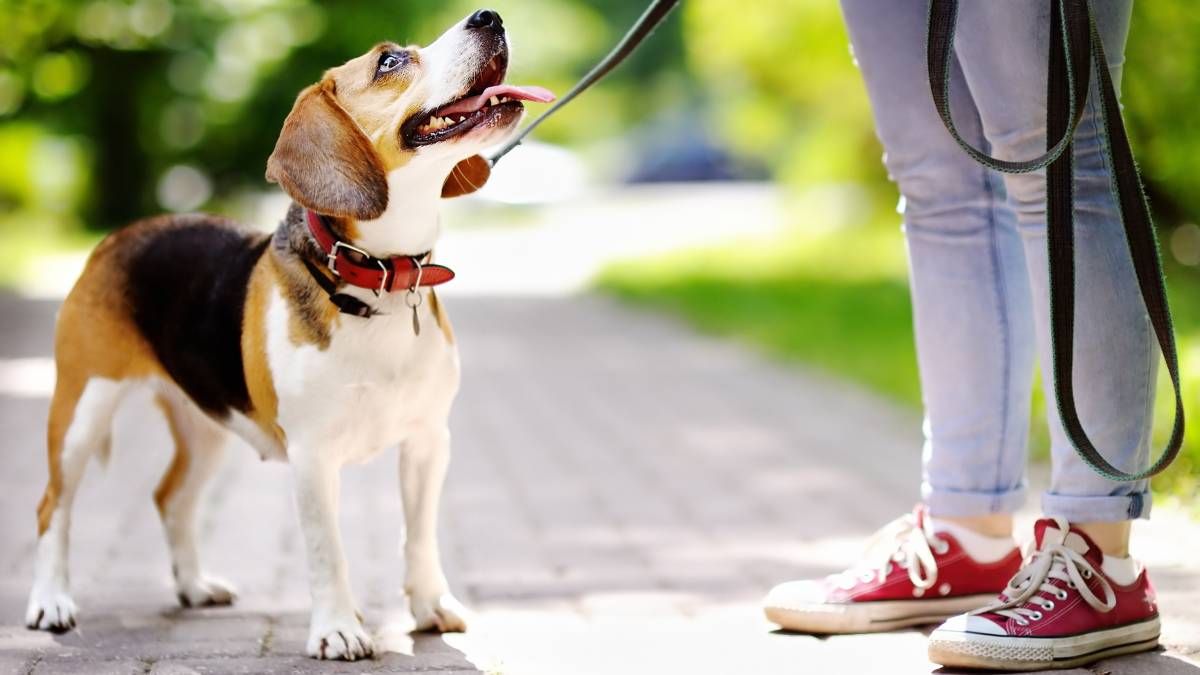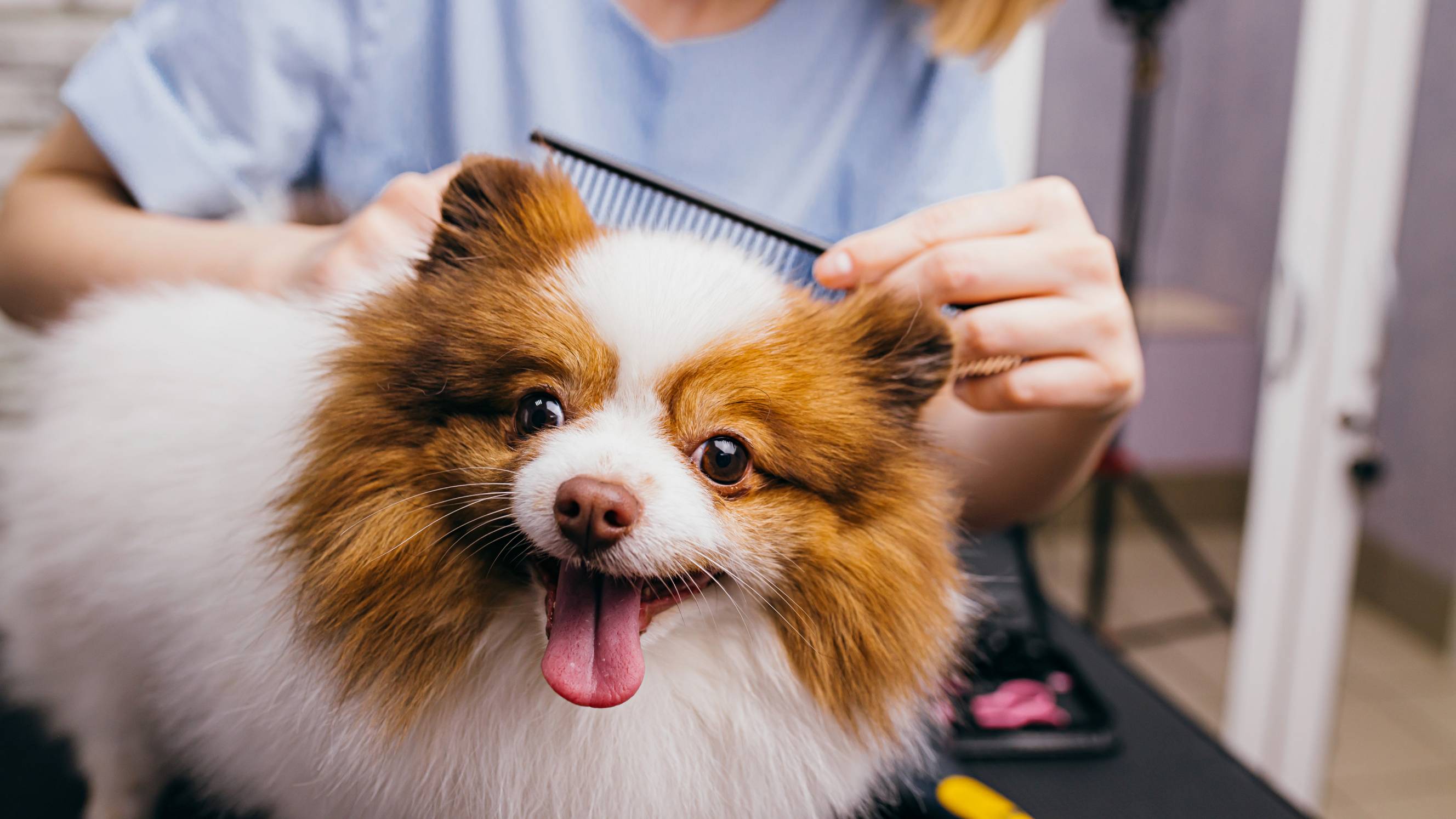- Home/
- Guides/
- Puppy Training/
- How to Toilet Train a Puppy
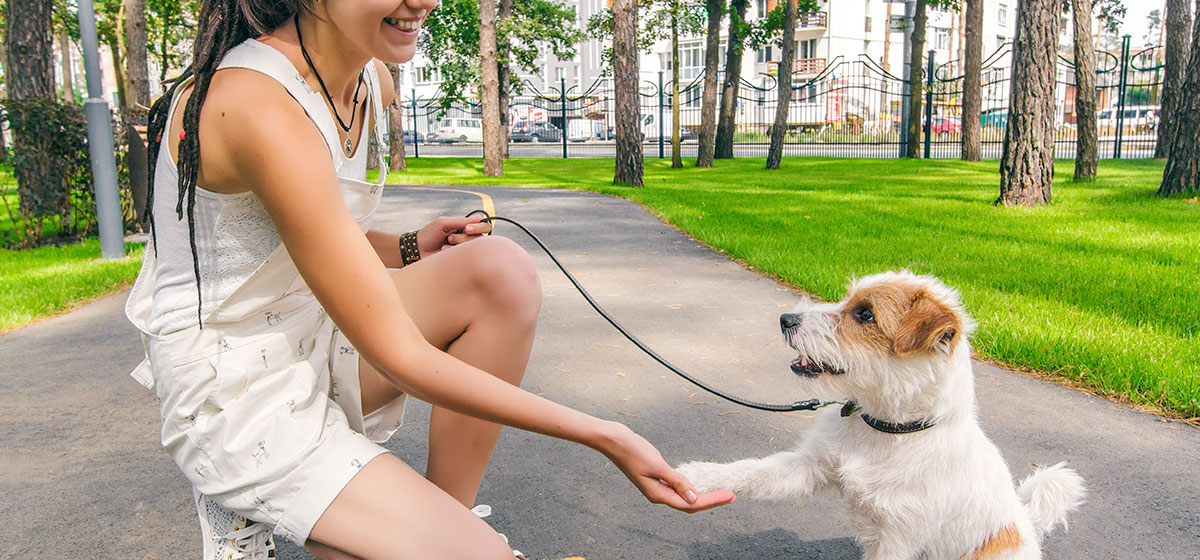
How to toilet train a puppy, tried and tested tips
Need help toilet training your puppy? Learn from local puppy trainers in our community!
Join Airtasker today!Last Updated on
Taken the leap and got yourself a new puppy? Congratulations! Your shoes will never be safe again, your dryer is not the only thing that will eat your socks, and your garden will gain more holes than a pin cushion.
Now it is time to get ready for your next step – puppy toilet training.
When you bring home a new furry bundle of joy, toilet training is usually the last thing on your mind. Caught up in those butter couldn’t melt in their mouth eyes, cute puppy tummies and puppy playtime, it is easy to leave the discipline for another day.
A puppy can make even the toughest of toughest melt. But, it is important to instil some rules from the get-go. You don’t have to be a professional dog trainer to master these easy-to-follow tips.
When to start toilet training your puppy
Toilet training should start the moment your puppy arrives home. This shows them what to expect and inhibits bad habits from forming from the onset. Puppies urinate frequently so for ultimate success give your puppy the opportunity to relieve himself every two hours.
Smaller breeds of dogs have smaller bladders and therefore need to go more often.
How to potty train your puppy
1. Command toilet training
Take your puppy outside directly after they have napped, had something to eat, drink, or after a play. Go to the same area each time and voice command like okay go now so they learn it is time to relieve themselves. Praise them when they go but do not react when they fail to do so. Once they are done bring them back inside. This time should be kept strictly for toilet pees and poos and nothing else.
2. Paper toilet training
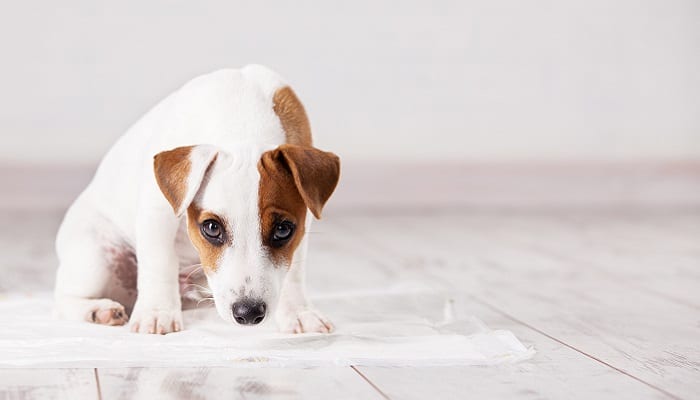
Newspaper or wee pads are useful for toilet training small breeds of dogs. Introduce your puppy to the pad after food or some drink to encourage them to use it. A lot of praise is needed when they are successful at using the paper or pad, but it is important to ignore them if they fail. If you see an accident about to occur on the floor, be stern with no and direct them over to the wee pad to finish their business.
As time progresses move the paper closer to the door then outside.
Taking a soiled piece of paper outside will also encourage puppies to go there as they can recognise their own scent.
3. Night-time toilet training
When your puppy is in the midst of toilet training you should try to set some timeframes during the night to wake up for training. This will need to be kept up until you are confident they can hold on till morning.
Puppies will generally get the idea pretty quick and will do everything they can to alert you through the night when they need to go (like singing you a puppy song…).
Two to three relief periods during the night is a good starter until the puppy is trained.
4. Signs your puppy needs to go to the toilet
Some signs that will help you identify when your puppy needs to go to the toilet are:
- your puppy looks anxious
- your puppy walks around in circles
- your puppy starts sniffing in corners of the room
- your puppy disappears out of the room by himself
If you see any of these behaviours, take him outside for a walk.
Accidents happen and unless you want your puppy to hide their mishaps next time, never rub a dog’s nose in their urine. Simply clean up any accidents immediately to mask the smell in the area and to discourage a repeat incident.
Always remember that puppy toilet training takes practice and patience. With persistence and some gentle encouragement, your puppy will know the difference between toilet stop and toilet not in no time at all.
How to toilet train a puppy in 7 days?
The quick answer is, it's highly unlikely to potty train a puppy in 7 days unless they reach the appropriate age to hold their bladder longer, around age 8-12 weeks. And this still depends on breed and size. Remember, smaller breeds of dogs have smaller bladders and therefore need to go more often.
How long does it take to toilet train a puppy?
It takes time to toilet train a puppy. Some take several weeks of training, others take up to 4-6 months depending on age, breed, and size. But it's never too early to start training your new furry friend. With the right strategy, tools, and knowing when your puppy needs to go, you'll be able to effectively potty train your puppy faster than you think.
Need help with toilet training your puppy?
Don’t have as much time to dedicate to dog training your new puppy as you thought? Hire a Tasker to help with some dog care and dog training.
FAQs on toilet training a puppy
Toilet training a puppy between 12 weeks and 16 weeks old is recommended. This age is when a puppy has learned to control its bladder and bowel movements. But it’s also helpful to potty train a puppy as soon as they come home. This way, you can inhibit bad habits from forming from the onset. Puppies urinate frequently. So for ultimate success, give your puppy the opportunity to relieve himself every two hours. Smaller breeds of dogs have smaller bladders and therefore need to go more often.
On average, puppies can be toilet trained in 4-6 months, with a maximum learning period of one year. But how long it takes to toilet train a puppy depends on several factors. Toilet training can be an arduous, messy task. Aside from your puppy’s capability to pick up on cues, their learning will also depend on their age, size, physical abilities, and attention span. With the right strategy, tools, and knowing when your puppy needs to go, you'll be able to effectively potty train your puppy faster than you think.
It’s highly unlikely to toilet train a puppy in 7 days unless they’ve reached the appropriate age to hold their bladder longer. The time it takes to toilet train a puppy also depends on the breed and size. Remember, smaller breeds of dogs have smaller bladders and therefore need to go more often.
Find puppy trainers, fast
Find a puppy trainer
Related articles
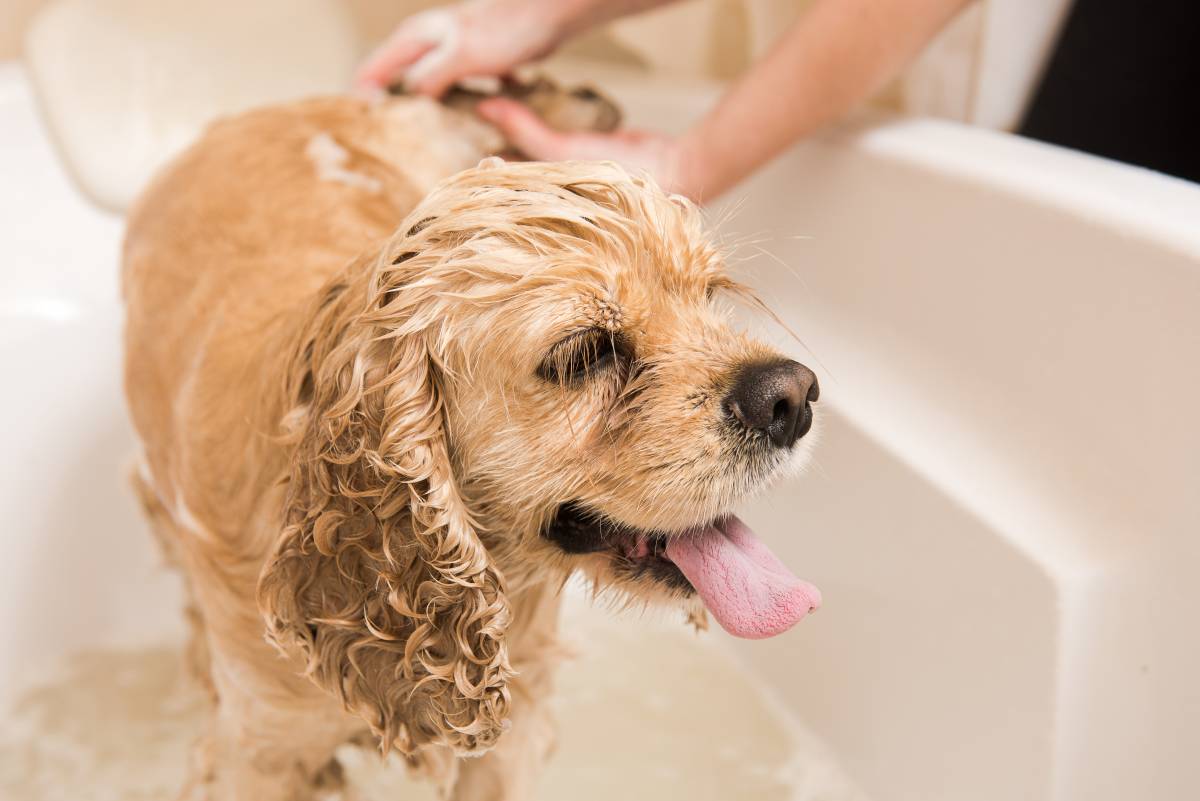
How to groom a dog at home
Read more
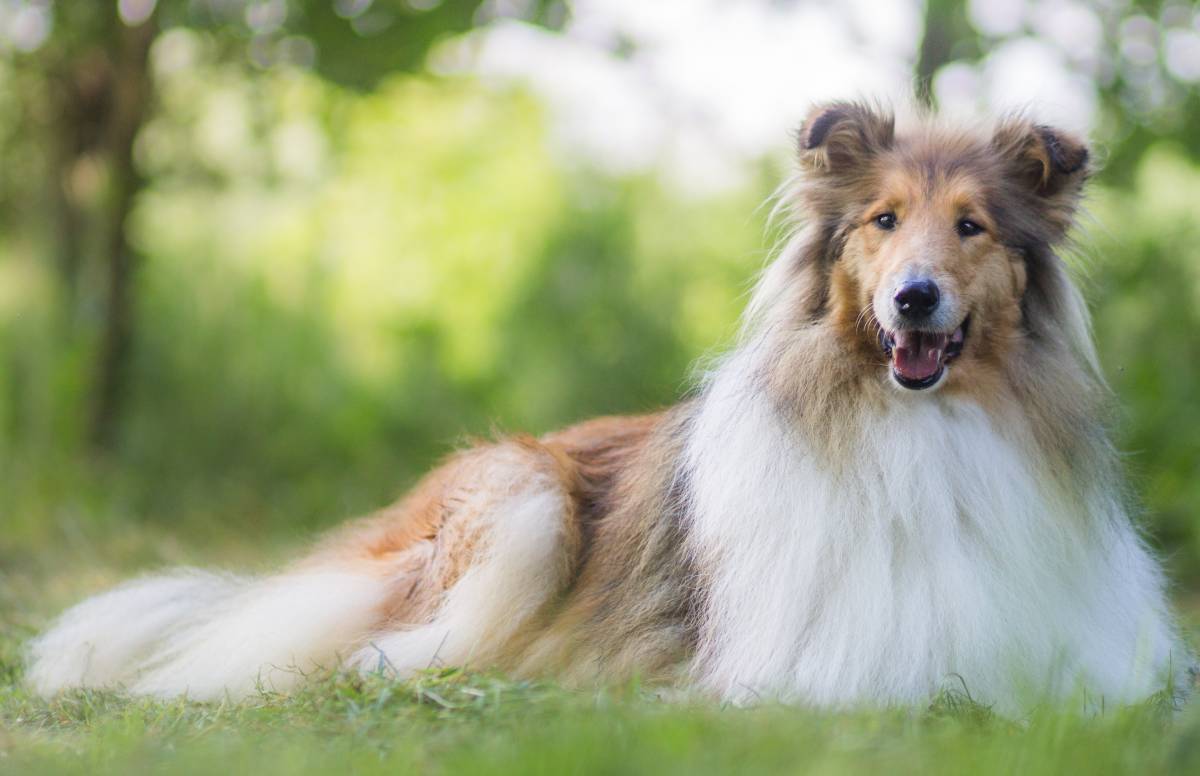
How to groom a long-haired dog
Read more
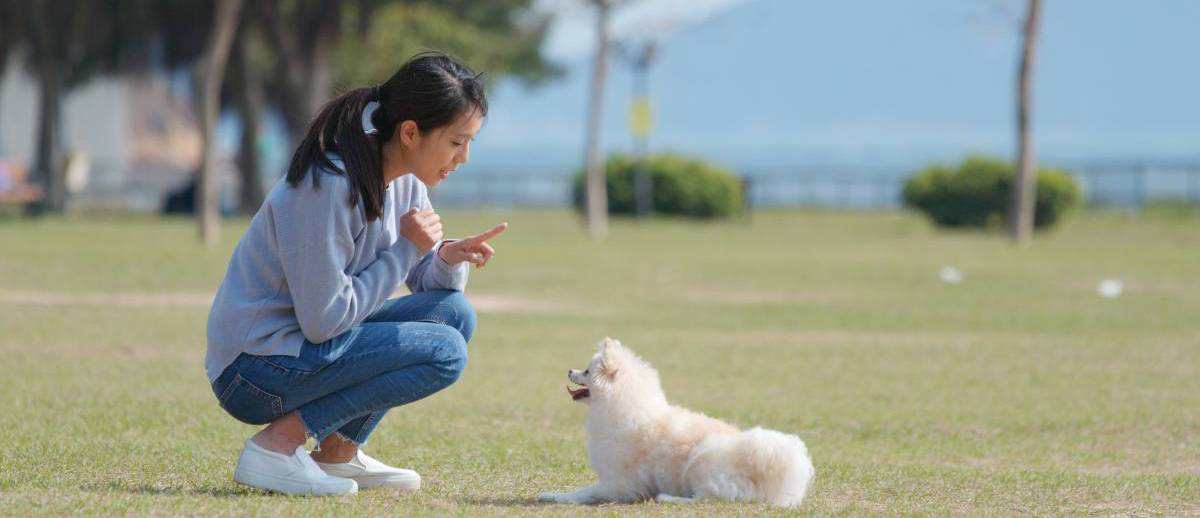
How to become a dog trainer
Read more
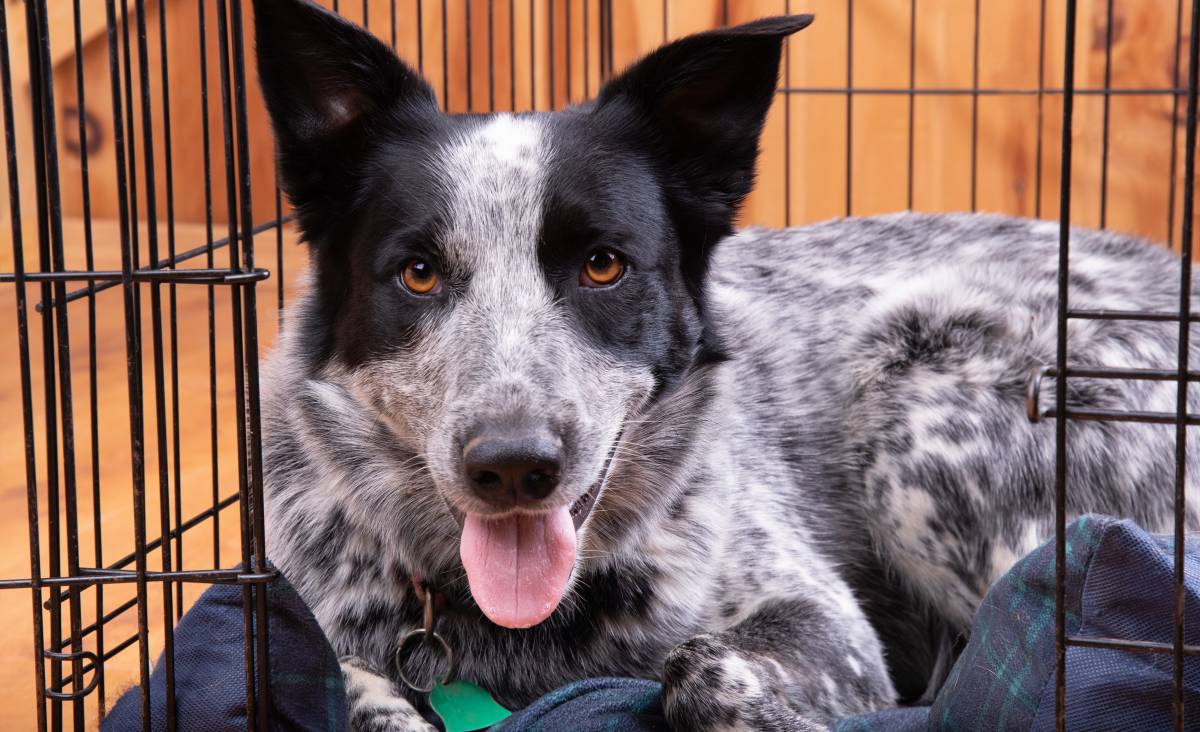
4 Steps to crate training a rescue dog
Read more
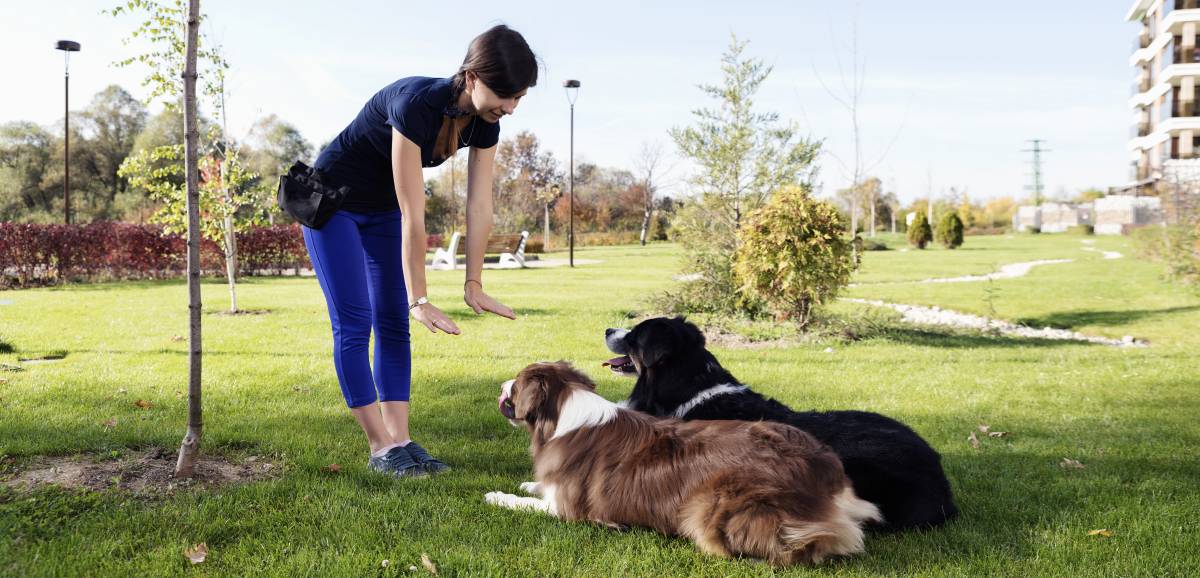
Dog training 101: How to train your dog
Read more
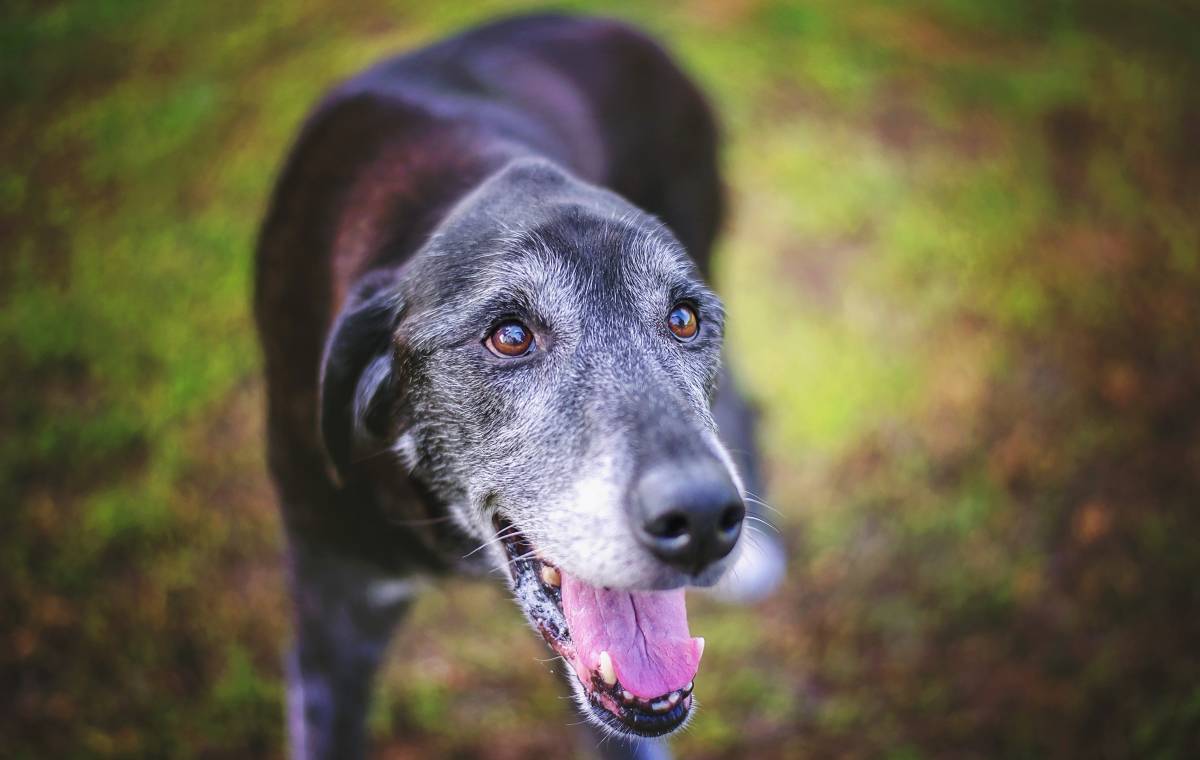
Tips for training an older dog
Read more
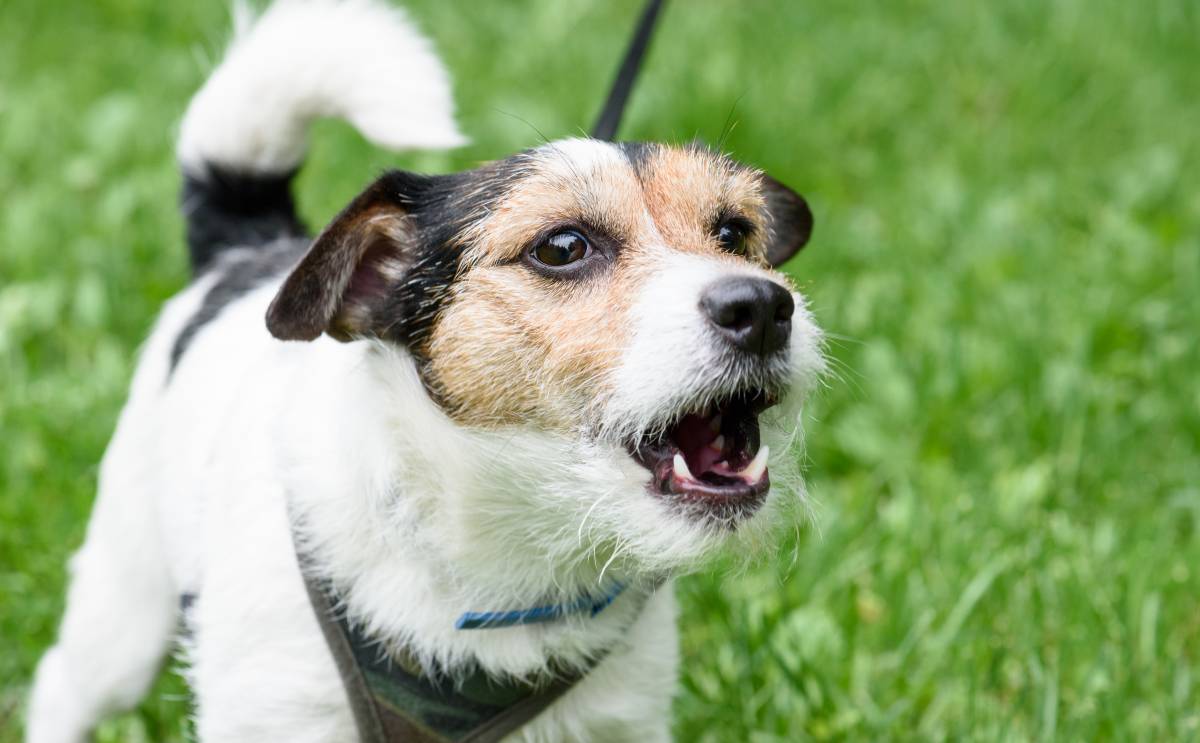
Reactive dog training tips
Read more

Your ultimate guide to dog care
Read more
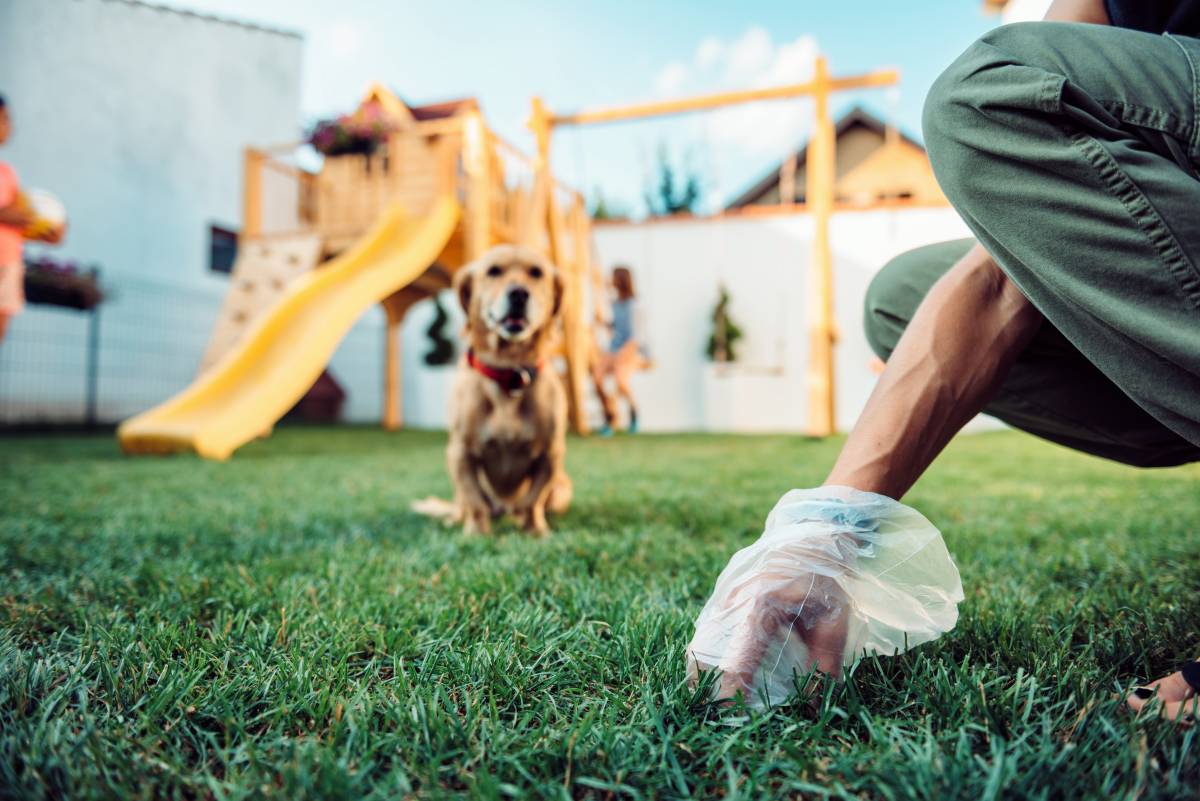
3 Effective ways to house train a dog
Read more
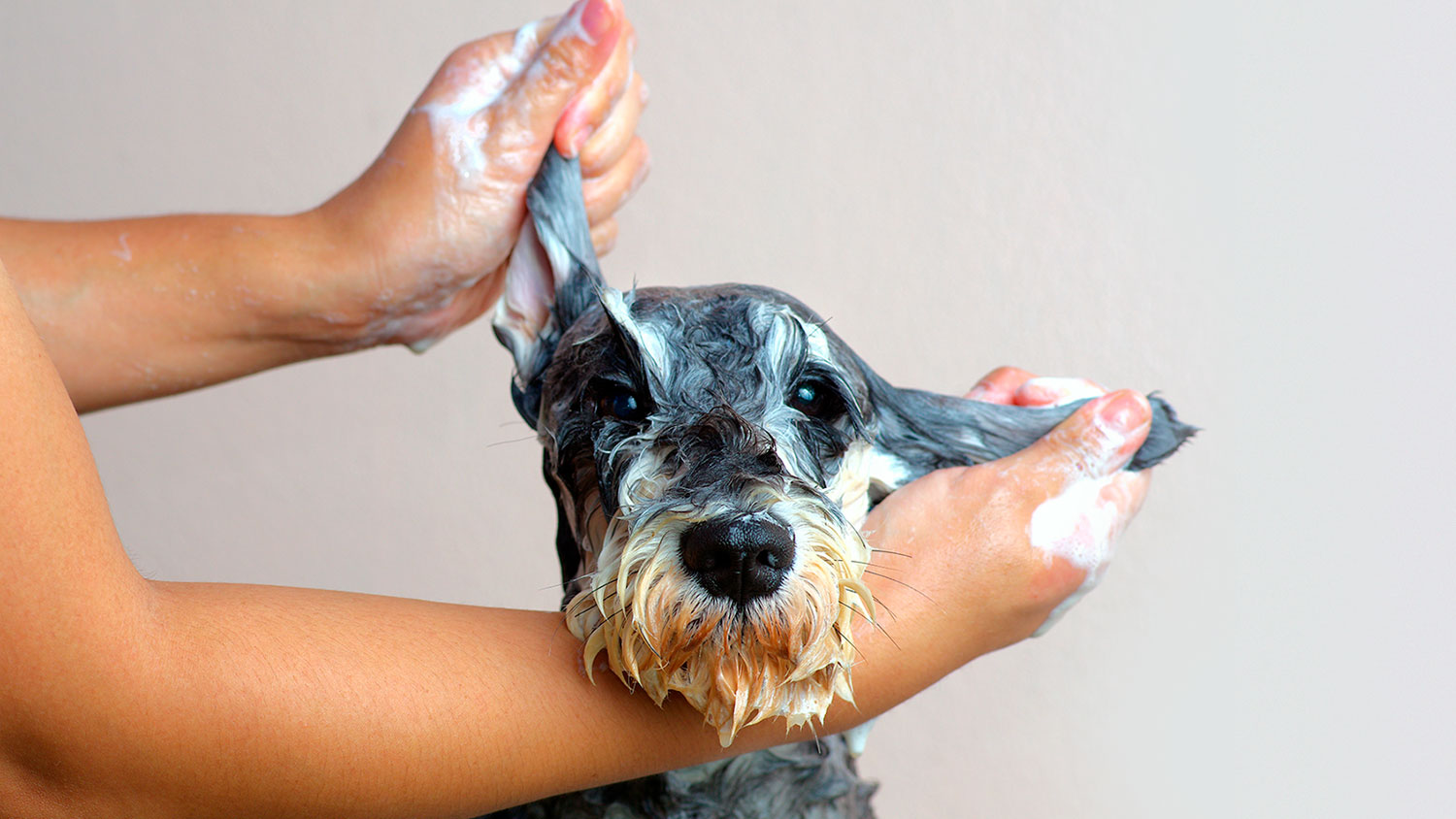
How to bathe your dog like a groomer
Read more
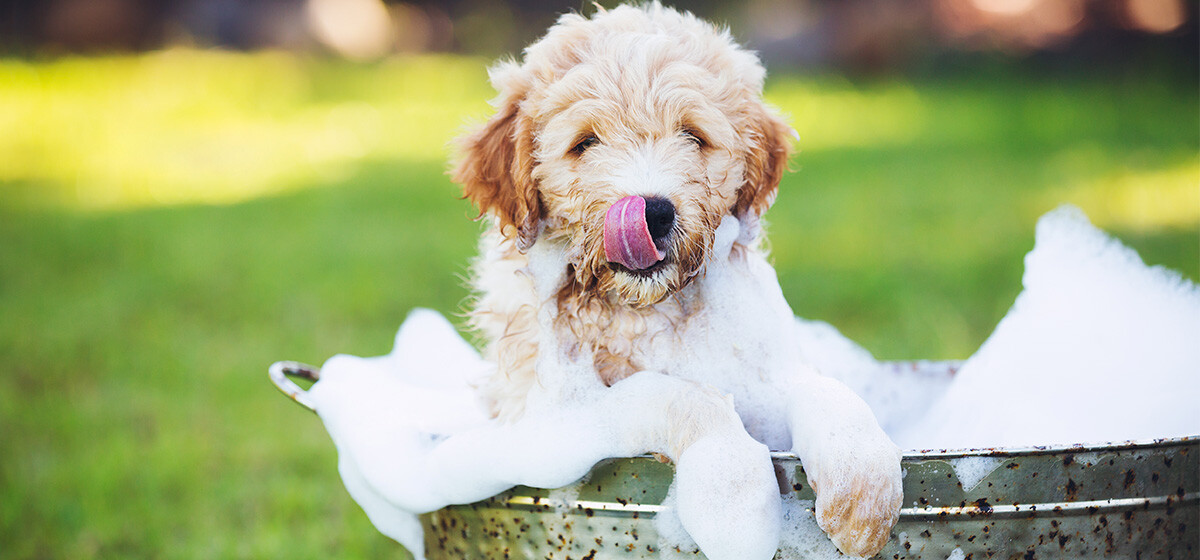
How often should you wash your dog
Read more
Related price guides
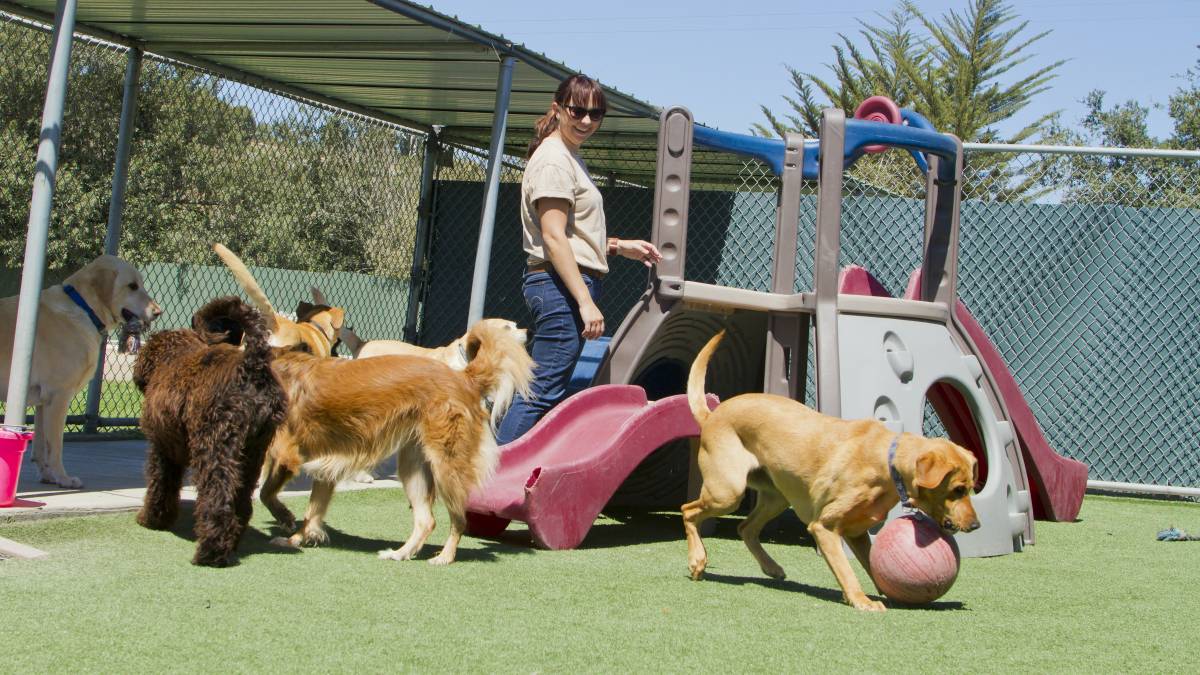
How much does dog day care cost?
Read more
